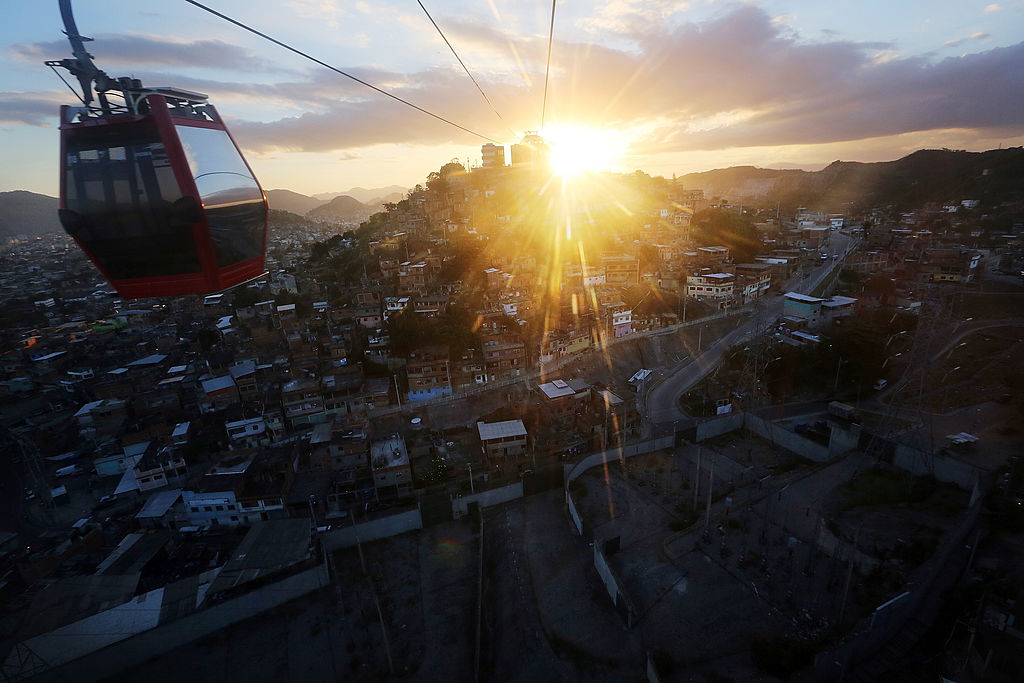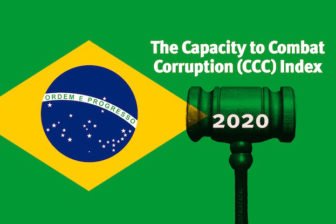This article was originally published in O Globo.
Ten years ago this month, I moved to São Paulo to work as a foreign correspondent. As an American, I remember being shocked – and utterly delighted – by the scale of the ambition I found. By the belief that Brazil was undergoing an epic transformation, as occurred in my own country in the decades after World War II.
Brazil’s economy would grow 7.6 percent that year. Nobody serious expected that to last, but nobody believed it would grow less than 4 either. At that pace, Brazil might become a middle-class country by 2020, some predicted, similar to Portugal. Journalists are born skeptics, and we constantly asked experts – economists, historians, development specialists – if this was irrational euphoria. The answer was generally “No.”
My favorite activity in the Brazil of that era was to fly. You would always see the first-time passengers, often people of color, timid but happy, asking for directions to their seat. It was like watching a country transform, one person at a time. But even walking through São Paulo was also an occasion to dream. I remember looking at the ten-foot walls with electric wire that surrounded many apartments and houses and thinking: These barriers are not compatible with a developed country. Would they fall soon? It did not seem absurd at the time.
This was the Brazil of the B in BRICS, that demanded a permanent seat on the UN Security Council. Of the Cup, of the dollar at 1.53 reais, of bonanzas at Florida outlet malls, of “Never before in the history of this country…”
We now know, of course, that the experts got so much wrong. That what appeared to be a strong political consensus around a development project was actually bribery on a previously unthinkable scale. That record sales of Brazilian soy and iron ore allowed too many politicians and business leaders to convince themselves of their own transcendent genius. That becoming a true middle-class country was about more than buying a washing machine or an airline ticket; it was about education, infrastructure and the willingness of the rich to cede their privileges, too.
But was it all truly an illusion? Did we foreigners, too, fall victim to a collective fever? I moved back to the United States in 2015, but I still study and write about Latin America for a living. When I ask Brazilian friends about those years, they tend to shake their heads. “We were so stupid to believe,” they say.
I see a Brazil today that is diminished, angry – and, above all, afraid to dream. In a country that is otherwise polarized, this disillusionment unites left, center and right. I understand why; the collapse of the 2010s shattered countless lives. The pandemic is now making matters even worse. But I fear that Brazil has learned the wrong lessons from its national traumas; that instead of correcting what is wrong, and continuing on a 30-year project to create a more prosperous, egalitarian country – a different country – many have just decided to give up, and accept the status quo.
This breaks my heart, and not just because of my cherished memories of 2010. When I return to Brazil today, I still see an entrepreneurial energy unlike any other in Latin America; a nation of salesmen, drivers and carpenters who hand you their homemade business card with a huge smile. A country where university enrollment has quadrupled in the past 25 years. Where the private sector has been newly empowered by recent reforms. And more recently, a country where some have newly appreciated the need to defend democracy and strong, independent institutions.
Ah, many Brazilians will say, don’t be so naive. We lost our chance at greatness. But you never know. A lot can change in 10 years.







